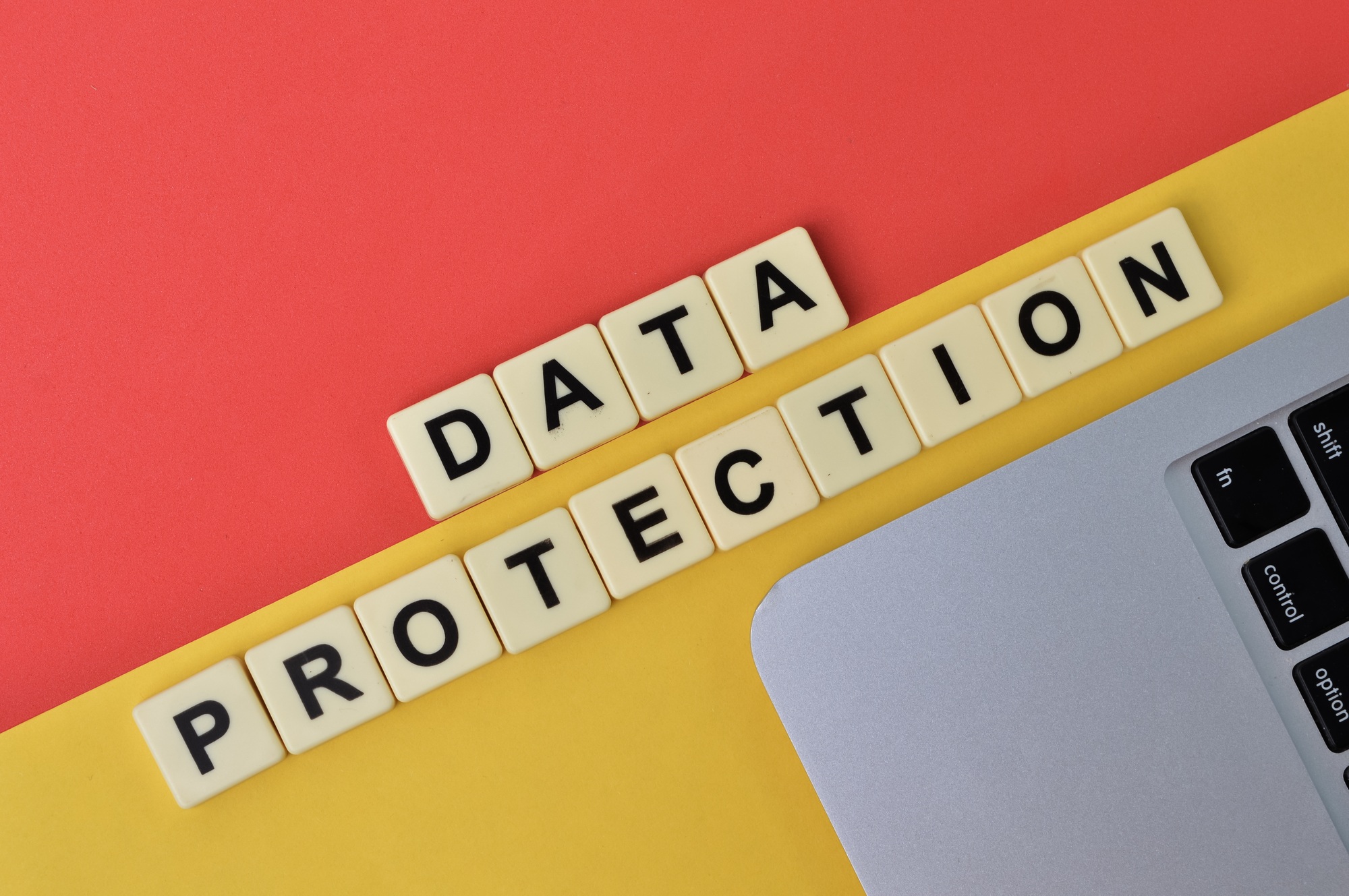
Understanding the role of a Data Protection Officer (DPO) under the EU General Data Protection Regulation (GDPR) is vital for any organization handling personal data. The DPO ensures compliance, mitigates risks, and promotes "Privacy by Design." As businesses face stringent regulations and potential fines, grasping the DPO's responsibilities can safeguard both data subjects' rights and organizational integrity. Explore how effective DPOs can transform data privacy practices and foster trust in an increasingly data-driven world.
In today's digital age, data protection holds paramount importance within the European Union. Companies engaging in large-scale personal data processing are legally required to appoint Data Protection Officers (DPOs) to ensure strict GDPR compliance. Central to understanding the role of EU data protection officer is their vital function in scrutinizing adherence to data protection laws, fostering a secure environment for personal data management.
Lire également : What are the steps to set up a PostgreSQL database cluster using Kubernetes StatefulSets?
The DPO's appointment is governed by the General Data Protection Regulation (GDPR), demanding candidates who possess deep expertise in data protection law and technology. This expertise enables them to effectively navigate the complex landscape of data processing and security. Further, DPOs are tasked with facilitating internal audits, coordinating training efforts, and serving as the communication bridge with data protection authorities.
Organizations face a strategic decision in choosing between internal and external DPOs. Each option presents unique benefits; an internal officer provides a nuanced understanding of organizational culture, while external DPOs bring specialized, independent insights. Balancing these aspects is crucial for robust data protection, which shields companies from potential hefty fines and secures the deep trust of stakeholders.
Cela peut vous intéresser : What are the steps to set up a continuous integration pipeline using Azure DevOps for a Node.js project?
A Data Protection Officer (DPO) is integral to an organization's data privacy infrastructure under the General Data Protection Regulation (GDPR). One primary task includes ensuring compliance with data protection laws through regular monitoring and evaluations. The DPO must advise management and staff on obligations and promote awareness through impactful training programs.
Data processing in line with GDPR requires stringent oversight. The DPO collaborates with management to integrate Privacy by Design by embedding data protection principles in the creation of projects and operational strategies. This role also involves conducting Privacy Impact Assessments, ensuring potential risks are identified and mitigated early.
A pivotal aspect of the DPO's responsibilities is managing data breaches. They must develop efficient response strategies and ensure timely reporting to authorities, which is critical to upholding individual rights under the GDPR. The DPO also maintains a meticulous record of processing activities to demonstrate compliance and aid in audits, thus fortifying the organization's accountability stance.
Data Protection Officers (DPOs) within the EU must meet stringent qualifications and possess specific skills as outlined by the General Data Protection Regulation (GDPR). A DPO should have expert knowledge of the GDPR, data protection laws, privacy principles, and information technology security. These competencies enable them to address complex data processing requirements and ensure organizational compliance. Additionally, a strong understanding of the specific sector in which the organization operates can enhance their effectiveness.
Continuous training is crucial for DPOs to stay abreast of evolving regulatory landscapes and technological advancements. Several organizations provide specialized programs that focus on data protection laws, risk management, and privacy frameworks. Regular participation in workshops and seminars can help DPOs update their knowledge base and skills, ensuring compliance with EU regulations.
To create a robust culture of data protection, DPOs must ensure that all employees understand the importance of safeguarding personal data. Providing regular training sessions and creating clear data privacy policies are essential practices. By promoting transparency and accountability, organizations can improve data handling processes, reducing the risk of breaches and fines. Furthermore, involving DPOs in decision-making processes enhances data protection integration at every organizational level.